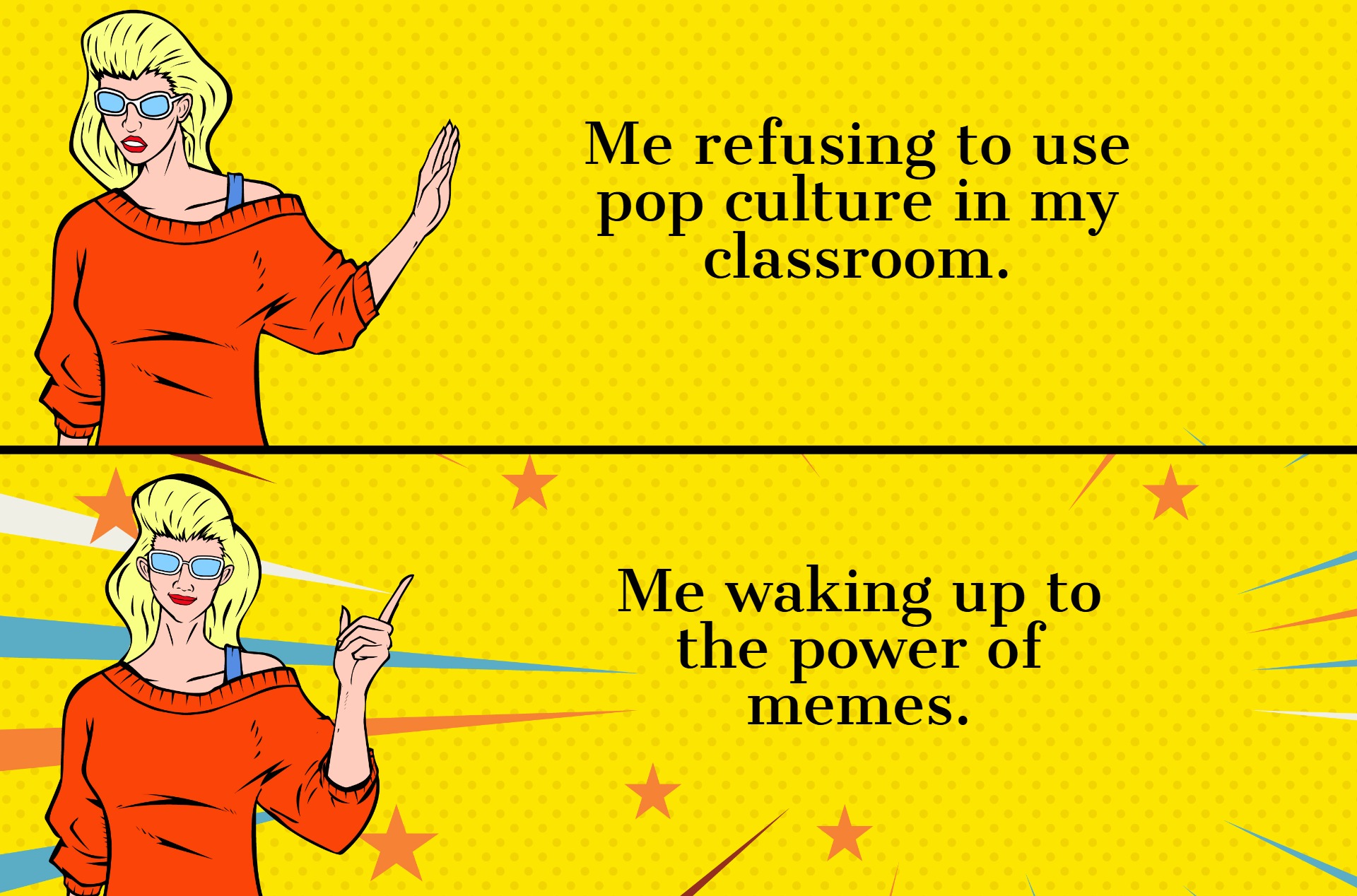The analysis paralysis of online teaching
With a little lead time and institutional support, professors can make great online courses.

Currently, I am suffering from analysis paralysis about teaching online. I’m thinking about it; I have good ideas, but I am a little reluctant to act. Having just gone through a rough transition in another course last semester due to the pandemic, I know that my students were fairly forgiving of the cobbling they received.
Now, however, I think students deserve a better product. Just giving lectures on Zoom won’t cut it. My students from last semester admitted they were less attentive online. Most indicated they would not want to take an online course, at least as currently configured. These anecdotes are supported by recent research indicating that one-third of students are debating not returning to university if curriculum is only delivered online. This calls for some inspiration and support. Fortunately, universities have many resources that we can draw from.
This fall, I am thinking about how to make my course more interesting so that my undergraduate students will remain engaged. By exposing students to research and development, intellectual property, marketing and finance, I introduce students to the biotech business from a “principles and profession” perspective. I believe that with a little planning, I can make my course an interesting online one.
An important decision is whether to make the course synchronous or asynchronous. Although experts suggest that synchronous is better because of contact time, asynchrony facilitates the scheduling of more “social distanced” labs, which may be required in some programs. Currently I am learning how to develop an asynchronous course through an online teaching program at my university.
Luckily, I have previously flipped my class; students read textbook chapters and participate in class discussions. Not all students read the material every time, so this year I am thinking about posting short video presentations. I recently learned how to do this using the video platform YuJa. Other asynchronous approaches I am contemplating are discussion forums on D2L, where students comment on career development book summary videos.
Online videos and forums can also free up class discussion time. Because Q&A sessions can become dry, I recently began turning them into games. Interestingly, the students ran with this element in my previous analogue course, introducing games of their own making that they used to lead case study discussions. Currently I am working with learning technology coaches to smoothly transition games online.
To promote engagement further, I am also thinking about leveraging online teamwork. Originally, I developed an analogue approach to provide a role playing/experiential learning component to the course. Teams were challenged to develop a fictitious biotech company with each member playing a champion role (R&D, IP, marketing, finance) while developing a business plan. Coherent with the different course themes, team champions presented their team’s ideas for peer feedback.
While the original intent of this team approach was to give students the opportunity to envision themselves in a corporate role, a side effect that emerged was competition, especially within the game setting. This competitiveness created an interesting peer pressure effect wherein teams expected their teammates to know their stuff.
Of course, it’s important for students to also be evaluated on individual performances. One of my long-standing assignments has been the informational interview, where students select a biotech business career to research before conducting an informational interview of a working professional. I am contemplating interacting with students online to help them select their career interests. This is because students appreciate it when professors express an interest in their future. Whereas students have previously presented their interview experience via PowerPoint, with everything on lock-down, I am considering having students record their Zoom interviews (with permission) for the rest of the class to view. Another approach could be to have interviewees join in the class.
The capstone exercise I am considering will also have a significant online component. Early in the semester, I will teach my students how to select a mid-cap, publicly traded biotech company of their interest online. Students will interrogate the company from an R&D, IP, market and finance perspective, providing recommendations on whether their chosen company is worthy of investment.
I don’t know about you, but I’d pay full tuition for an on-course like that. Despite being online, this course will teach students a number of practical skills. However, such a course can only be developed with sufficient lead time, planning and support that universities are helping to provide.
Derrick E. Rancourt is a stem cell biologist and professor in the Cumming School of Medicine at the University of Calgary.
Featured Jobs
- Business – Lecturer or Assistant Professor, 2-year term (Strategic Management) McMaster University
- Psychology - Assistant Professor (Speech-Language Pathology)University of Victoria
- Veterinary Medicine - Faculty Position (Large Animal Internal Medicine) University of Saskatchewan
- Canada Excellence Research Chair in Computational Social Science, AI, and Democracy (Associate or Full Professor)McGill University















Post a comment
University Affairs moderates all comments according to the following guidelines. If approved, comments generally appear within one business day. We may republish particularly insightful remarks in our print edition or elsewhere.